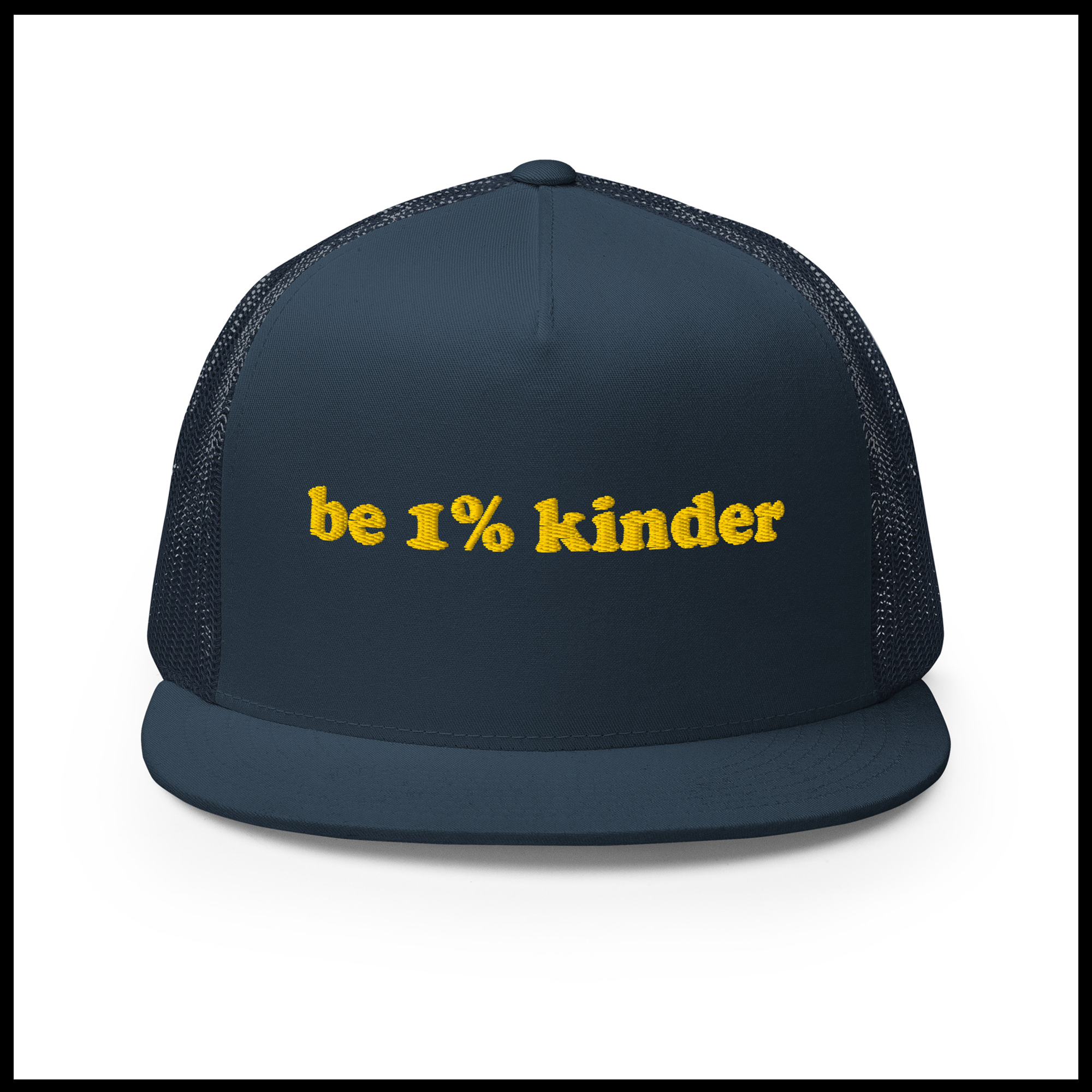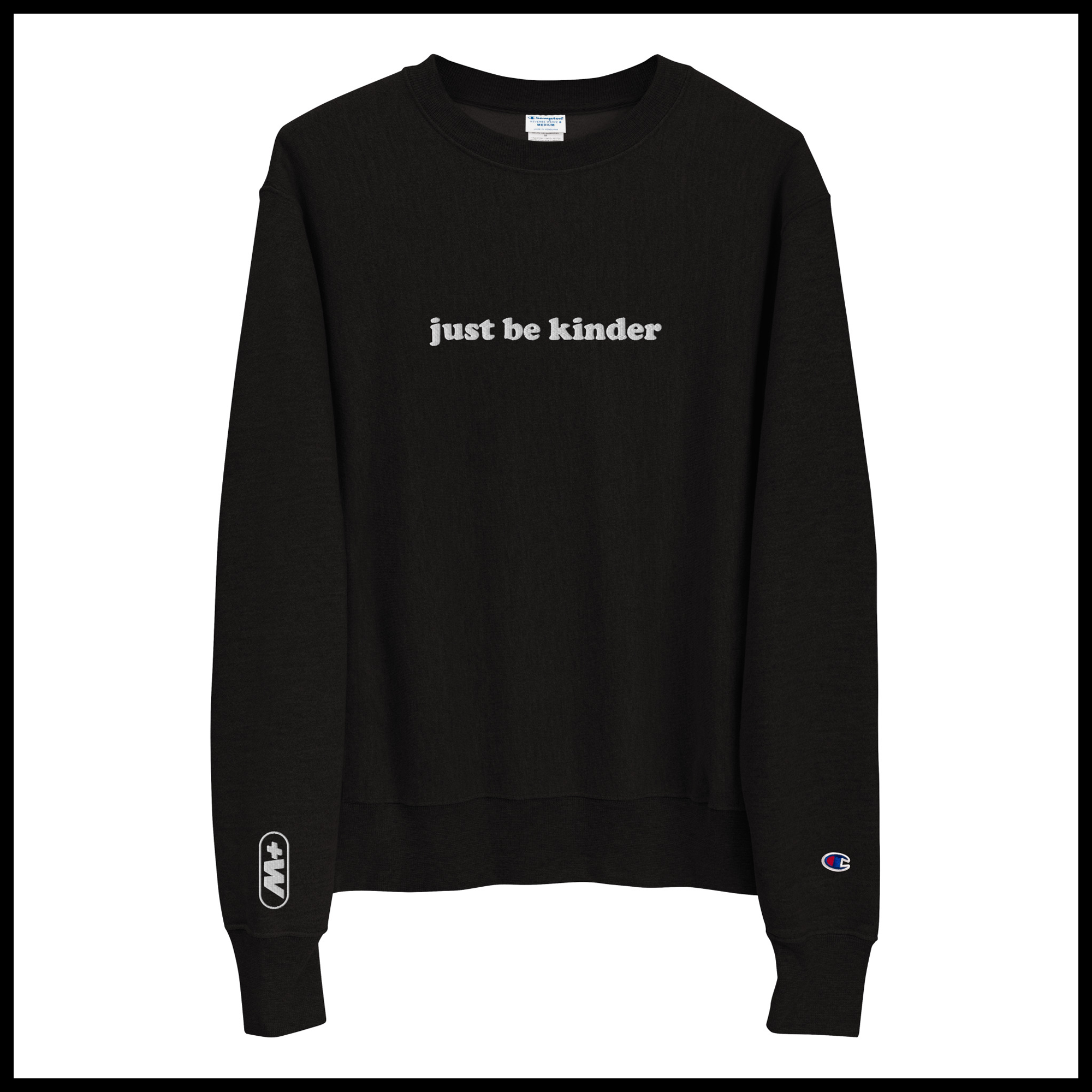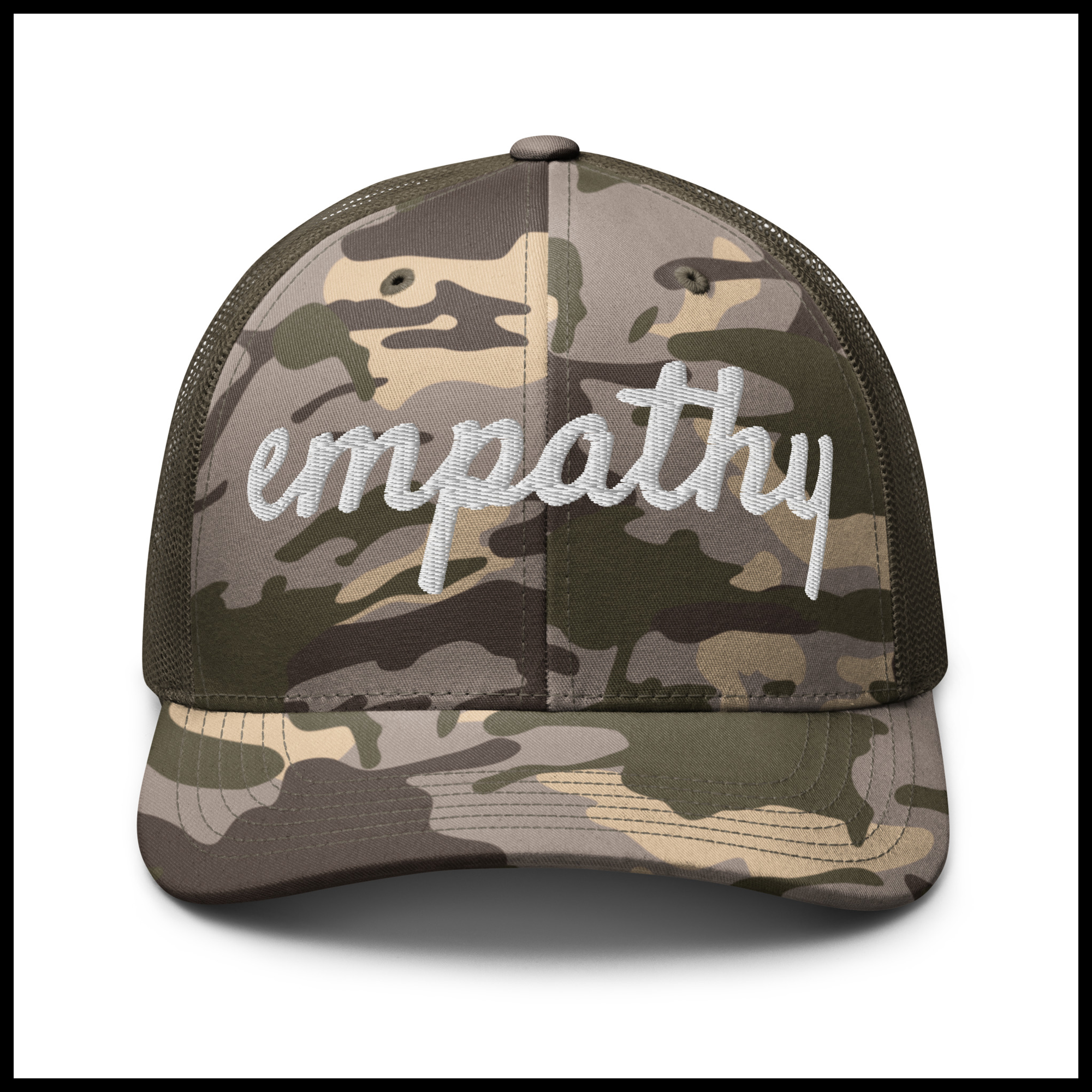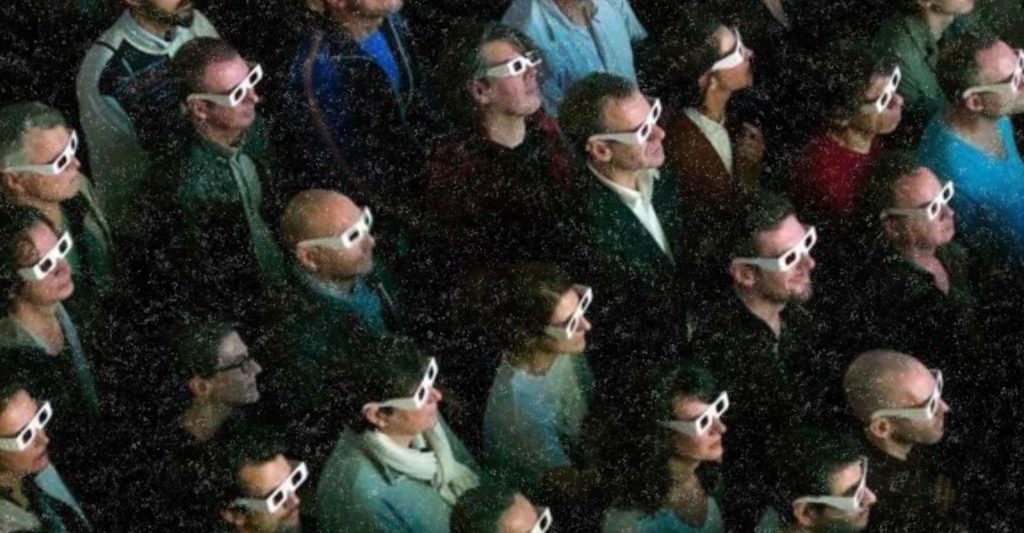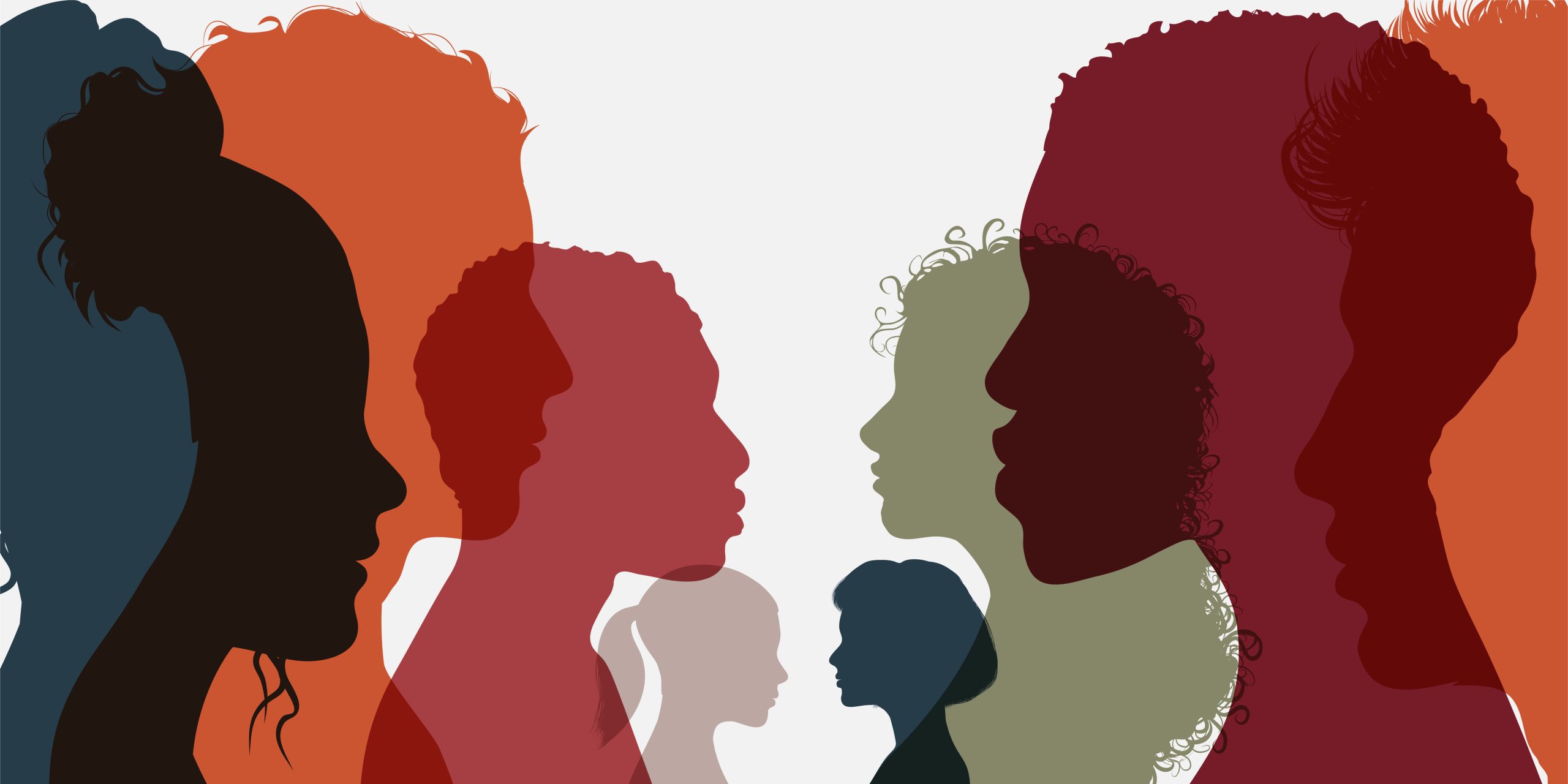
The Shadow of Hate: What History Can Teach Us About Tolerance
This week, in honor of International Day for Tolerance (November 16), we’re featuring The Shadow of Hate, a powerful documentary that examines the long, difficult history of intolerance in the United States.
From anti-immigrant rhetoric to racism, religious persecution, ableism, and homophobia, the film walks us through painful but necessary chapters of American life—not to reopen old wounds, but to learn how to heal.
Produced by three-time Academy Award winner Charles Guggenheim, The Shadow of Hate spans three centuries to examine the United States’ ongoing struggle to live up to its ideals of liberty, equality and justice for all. Through documentary footage and eyewitness reports, viewers are given a powerful perspective on historical events from the ordinary people who lived through them.
+wellvyl’s Take:
At +wellvyl, we believe social wellness is not just about feeling good—it’s about doing better. That means not only improving how we interact with our friends and family, but also learning how systems, biases, and cultural narratives influence the way we treat each other.
This documentary is essential viewing because it shows that intolerance isn’t a relic of the past. It evolves. It hides in silence. It grows when we fail to acknowledge it. But it can also be challenged—through education, empathy, and the courage to engage in difficult conversations.
Social wellness is about inclusion. It’s about building spaces where people of all races, genders, backgrounds, and beliefs feel safe, seen, and respected. That can only happen if we understand the forces that have historically driven people apart.
We feature this film because we believe history can be a catalyst for healing. The Shadow of Hate offers context, clarity, and most importantly, a call to action: Know the past, so we can shape a more tolerant future.
Take the time to watch. Reflect. Talk about it with someone.
Tolerance is a skill—and like all skills, it can be practiced.
💛
Choose a Subscription
Shop +wellvyl APPAREL






